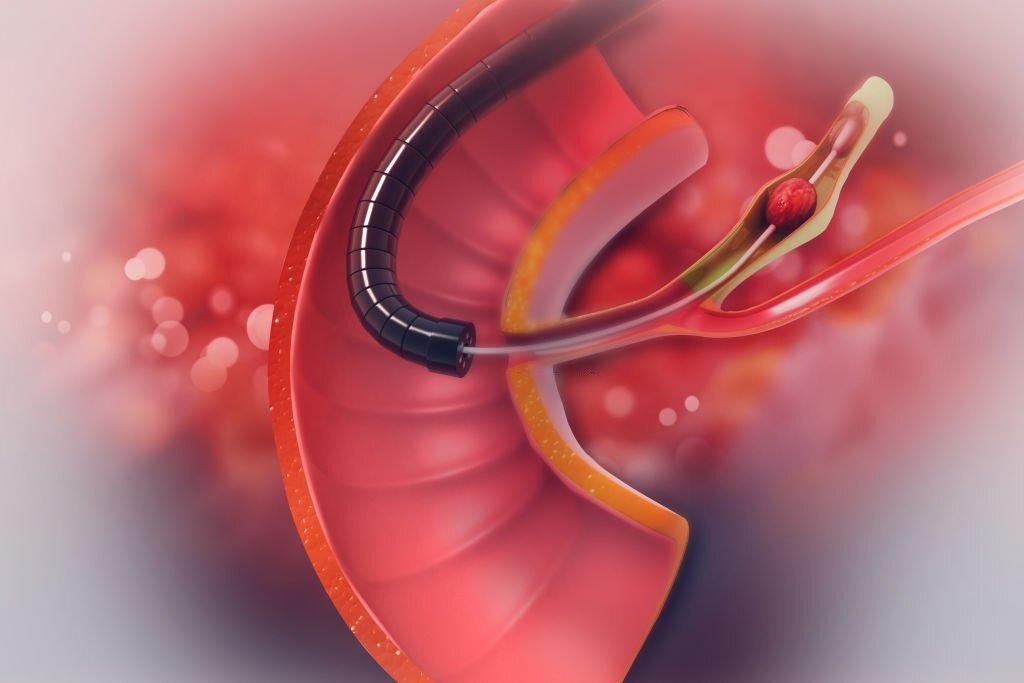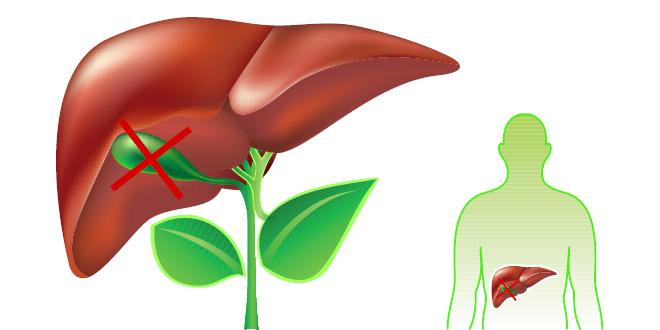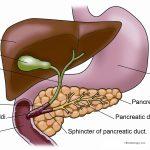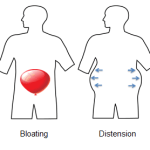Bounty Quick Size Paper Towels, White, 8 Family Rolls = 20 Regular Rolls (Packaging May Vary)
$24.42 ($2.61 / 100 Sheets) (as of April 19, 2024 02:53 GMT +00:00 - More infoProduct prices and availability are accurate as of the date/time indicated and are subject to change. Any price and availability information displayed on [relevant Amazon Site(s), as applicable] at the time of purchase will apply to the purchase of this product.)Are you experiencing anxiety after undergoing gallbladder removal surgery? Don’t worry; you’re not alone. Many individuals who have had their gallbladders removed may experience anxiety and related symptoms in the postoperative period. In this article, we will explore the potential causes of anxiety problems after gallbladder removal and provide practical tips on managing and reducing anxiety symptoms effectively.
Introduction
Gallbladder removal, also known as cholecystectomy, is a common surgical procedure performed to treat various gallbladder conditions such as gallstones, gallbladder inflammation (cholecystitis), or gallbladder polyps. While the surgery is generally safe and effective, some individuals may experience anxiety and related problems following the procedure.
Understanding the Gallbladder and Its Functions
Before delving into the topic of anxiety after gallbladder removal, it’s essential to have a basic understanding of the gallbladder and its functions. The gallbladder is a small organ located beneath the liver and plays a crucial role in the digestive process. Its primary function is to store and concentrate bile, a digestive fluid produced by the liver. Bile aids in the breakdown and absorption of dietary fats.
Common Reasons for Gallbladder Removal

Gallbladder removal is typically recommended for individuals who experience recurring gallbladder problems that significantly affect their quality of life. The most common reasons for gallbladder removal include:
- Gallstones: Hardened deposits that form in the gallbladder, causing pain and discomfort.
- Cholecystitis: Inflammation of the gallbladder, often due to gallstones blocking the bile ducts.
- Gallbladder Polyps: Abnormal growths in the gallbladder, which may require removal if they pose a risk of cancer.
Anxiety Problems After Gallbladder Removal
It is not uncommon for individuals to experience anxiety after gallbladder removal. Anxiety is a natural response to stress or perceived threats. The surgical procedure itself, along with changes in digestion and lifestyle post-surgery, can contribute to increased anxiety levels.
The Connection Between Anxiety and Digestive Disorders
Anxiety and digestive disorders often go hand in hand. The gut-brain connection plays a significant role in regulating emotions and influencing the digestive system’s functioning. Therefore, alterations in the digestive process, such as the absence of a gallbladder, can impact emotional well-being and contribute to anxiety symptoms
Exercise and Physical Activity for Anxiety Management
Regular exercise and physical activity have numerous benefits for managing anxiety after gallbladder removal. Some forms of exercise that may be particularly helpful include:
- Cardiovascular Exercises: Activities like brisk walking, jogging, cycling, or swimming can help release endorphins, improve mood, and reduce anxiety.
- Yoga or Pilates: These mind-body practices combine physical movement, breath control, and mindfulness, promoting relaxation and reducing anxiety symptoms.
- Strength Training: Incorporating strength training exercises into your routine can help boost self-confidence, improve body image, and contribute to overall well-being.
Relaxation Techniques to Reduce Anxiety Symptoms
Practicing relaxation techniques can significantly reduce anxiety symptoms. Consider incorporating the following techniques into your daily routine:
- Deep Breathing: Take slow, deep breaths, focusing on inhaling deeply through your nose and exhaling slowly through your mouth. Deep breathing helps activate the body’s relaxation response.
- Progressive Muscle Relaxation: This technique involves tensing and then relaxing each muscle group in your body, promoting physical and mental relaxation.
- Guided Imagery: Visualize peaceful and calming images or scenarios to help relax your mind and body.
Conclusion
Experiencing anxiety after gallbladder removal is not uncommon. The surgery itself, changes in digestion, and lifestyle adjustments can contribute to increased anxiety levels. However, with the right coping strategies, lifestyle changes, and support, it is possible to effectively manage anxiety symptoms.
Remember to practice relaxation techniques, engage in regular exercise, make dietary adjustments, seek professional help if needed, and consider natural remedies under the guidance of a healthcare provider. By taking proactive steps, you can reduce anxiety and improve your overall well-being after gallbladder removal.
Frequently Asked Questions (FAQs)
- Can anxiety cause digestive issues after gallbladder removal? Anxiety can contribute to digestive issues such as indigestion or gastrointestinal discomfort. However, it is essential to consult with a healthcare provider to determine the exact cause and develop an appropriate treatment plan.
- How long does anxiety after gallbladder surgery usually last? The duration of anxiety after gallbladder surgery can vary from person to person. While some individuals may experience temporary anxiety that subsides within a few weeks, others may require more time or professional assistance to manage their anxiety symptoms effectively.
- Are there any medications specifically for anxiety after gallbladder removal? Medications for anxiety may be prescribed by a healthcare provider if deemed necessary. However, treatment plans are tailored to individual needs, and medication may not be required for everyone.
Dr. Ahmed Raza, a renowned gastroenterologist with over 20 years of experience, is the dedicated founder of LifeWithNoGallbladder. With a passion for improving gallbladder health, Dr. Raza shares extensive insights, records, and guidance through his blog, providing individuals with the necessary information to make informed decisions.













